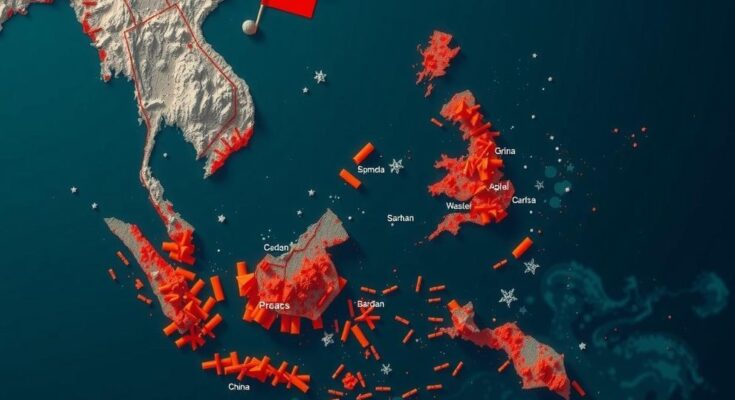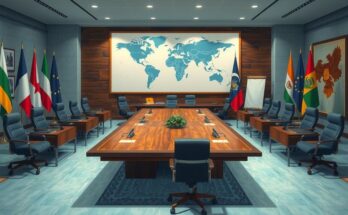The South China Sea remains a geopolitical chessboard where the moves of various players can yield both victories and casualties. As highlighted by analyst Sam Seun, the root of instability lies in external influences and the reluctance of some nations to engage in dialogue. For ASEAN to thrive as a neutral force, it must prioritize self-reliance and unity, fostering direct discussions among its members and close partners like China. Only through genuine collaboration can the region navigate towards peace, stability, and shared prosperity, breaking free from the clutches of foreign political agendas and emerging as a harmonious community.
Navigating Tensions: The Role of ASEAN in the South China Sea



